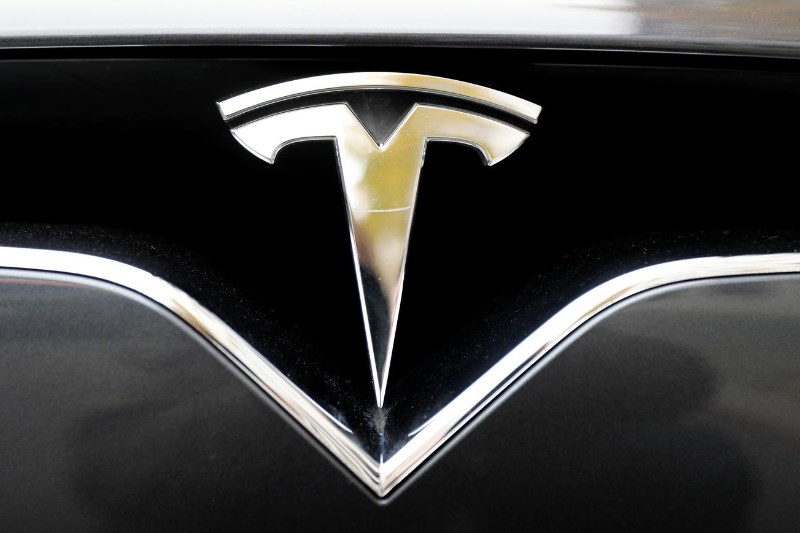
By Riham Alkousaa and Sarah Marsh
BERLIN (Reuters) – German Chancellor Olaf Scholz’s Social Democrats (SPD) looked set to fend off the far right in a state election in Brandenburg on Sunday after trailing the Alternative for Germany (AfD) party throughout the campaign, exit polls showed.
The SPD, which has governed the state surrounding the capital Berlin since reunification in 1990, won 31.8 percent of the vote, ahead of the far-right Alternative for Germany party on 29.2 percent, in a last-minute comeback, according to broadcaster ZDF’s exit poll.
The SPD’s success could give Scholz some breathing room in the party’s discussions about his suitability to be its chancellor candidate again in the federal election due to take place next September, given his unpopularity among voters.
However, this is unlikely to give him or his party a major boost, given that the popular current SPD prime minister Dietmar Woidke had distanced himself from Scholz during the campaign and criticised the federal government’s policies.
“Dietmar Woidke and his SPD in Brandenburg have made a furious comeback in recent weeks,” said SPD party general secretary Kevin Kuehnert.
“For us in the federal SPD, if all goes well tonight, the problems we face will not have become worse, but they will not have become less either,” he said.
According to the exit poll published by the ARD broadcaster, three-quarters of SPD voters did not vote out of conviction, but to defend themselves against the AfD. According to ZDF, turnout rose from 61% five years ago to 73%.
The SPD has just 15% of the vote nationwide, compared to 25.7% in the 2021 federal election. That puts it behind the AfD, with around 20%, and the opposition conservatives, with 32%.
The three parties that make up Scholz’s ideologically heterogeneous coalition together currently poll about 30 percent of the vote, less than the conservatives alone.
The coalition has been criticised for its constant bickering and its handling of immigration. In the east, previously ruled by communists, many voters also criticise its delivery of arms to Ukraine to help it defend itself against a full-scale invasion by Russia.
THERE IS NO TIME FOR COMPLACENCY
The vote in Brandenburg comes three weeks after the pro-Russia far-right AfD became the first far-right party to win a state election in Germany since World War II, in Thuringia. It also did well in neighbouring Saxony, nipping at the heels of the conservatives who came in second.
Woidke warned against complacency, noting that the AfD is still gaining momentum. The ZDF poll suggested it had gained 5.7 percentage points since Brandenburg’s last election in 2019.
AfD co-leader Tino Chrupalla said the party had made strong gains among young voters, a trend that was mirrored by far-right parties across Europe in June’s European elections.
The new left-wing alliance led by Sahra Wagenknecht was on track to come third with 12% in the poll, ahead of the conservatives on 11.6%, underlining the current upheavals in Germany’s political landscape that make predictions difficult.

The Greens, one of Scholz’s junior coalition partners at federal level, won 4.7 percent, just below the 5 percent threshold for automatic entry into the state parliament.
The result of the other junior coalition partner, the Free Democrats (FDP), was too insignificant to be reflected in the poll.

